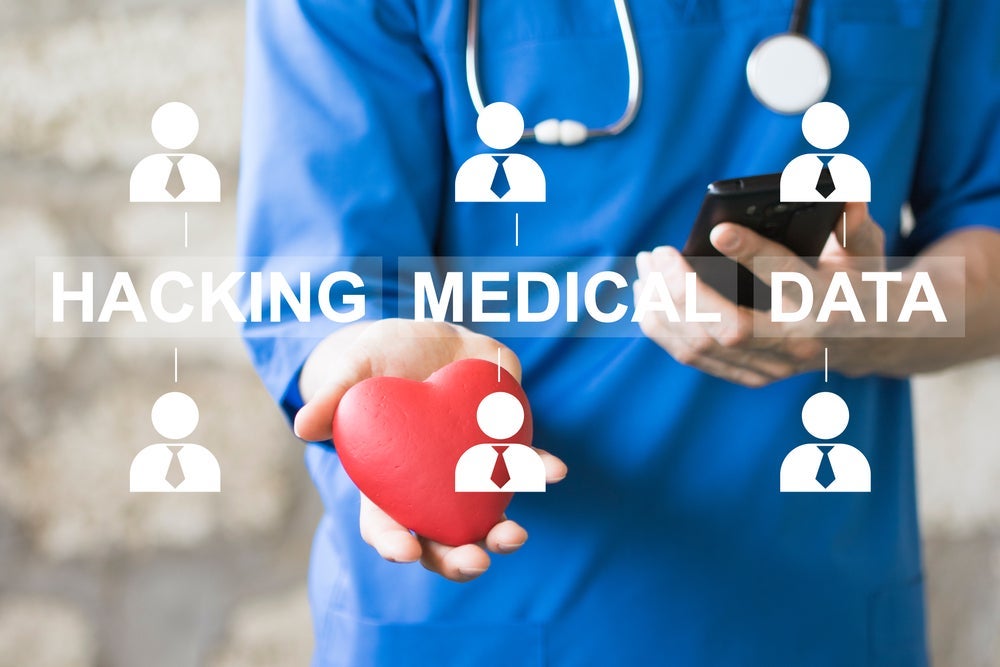Cyberattacks are especially dangerous when it comes to healthcare companies, as they collect and utilise sensitive patient data.
For these organizations, operational functions can be literally matters of life and death. Digital downtime could potentially increase patient stay lengths, medical complications, and mortality rates.
Increased risk
GlobalData’s report on Cybersecurity in Healthcare described how after Covid, cyber risk is higher than ever. Amid the Covid-19 pandemic, the rush from in-person care to virtual care and digital monitoring—and from office-based work to remote working—significantly increased cyber risk. The increased use of technology (especially cloud) increased the potential attack surface and the high speed of transition required meant many information technology security teams had insufficient time to install adequate security defences.
Indeed, there are reported increases in cyberattack attempts against hospitals. The most recent serious cyberattack on hospitals was in February 2024 in Romania. Many healthcare facilities were hit by a ransomware attack; 25 hospitals were affected and 79 others were put offline for an investigation. Consequently, this digital downtime impacted bookings, records, and vital machines such as MRI scanners. The UK was hit by a similar attack in 2017, which affected 80 out of 236 hospitals and resulted in nearly 7000 appointments being impacted.
Protection against cyberattacks is vital
Considering the increase in sophisticated threats, and hospitals’ reliance on digital systems, robust cyber defences are badly needed. GlobalData predicts that between 2020 and 2025, cybersecurity spending by healthcare providers and payors is forecast to grow at a compound annual growth rate of 8.1%, from $4.59bn to $6.77bn.
There are already examples of hospitals adopting state-of-the-art cyber protection. Milton Keynes University Hospital recently implemented Darktrace’s Self-Learning AI and Autonomous Response technologies. Interestingly, unlike other cybersecurity companies, Darktrace uses “unsupervised Artificial Intelligence (AI)” to protect systems from cyber threats, meaning that it does not need to be supervised by people to collect and identify threats.
Darktrace’s AI resides in the hospital’s digital system and observes the internal networks of the cloud, learning by itself what is normal or unusual, while looking out for vulnerabilities. It will stop anything suspicious automatically and works 24/7. The hospital system is now protected continuously.
As AI develops, worries about data privacy and risk management will increase. While hackers can abuse AI—for example, by utilising it to ameliorate algorithms they use to obtain passwords—AI can equally be used to benefit cybersecurity.
Darktrace is an example of how AI can analyse large amounts of data quickly and detect any weaknesses in systems. Preventing cyberattacks before they happen will not only protect hospitals but also lower IT costs, saving money for what are often cash-strapped institutions.









